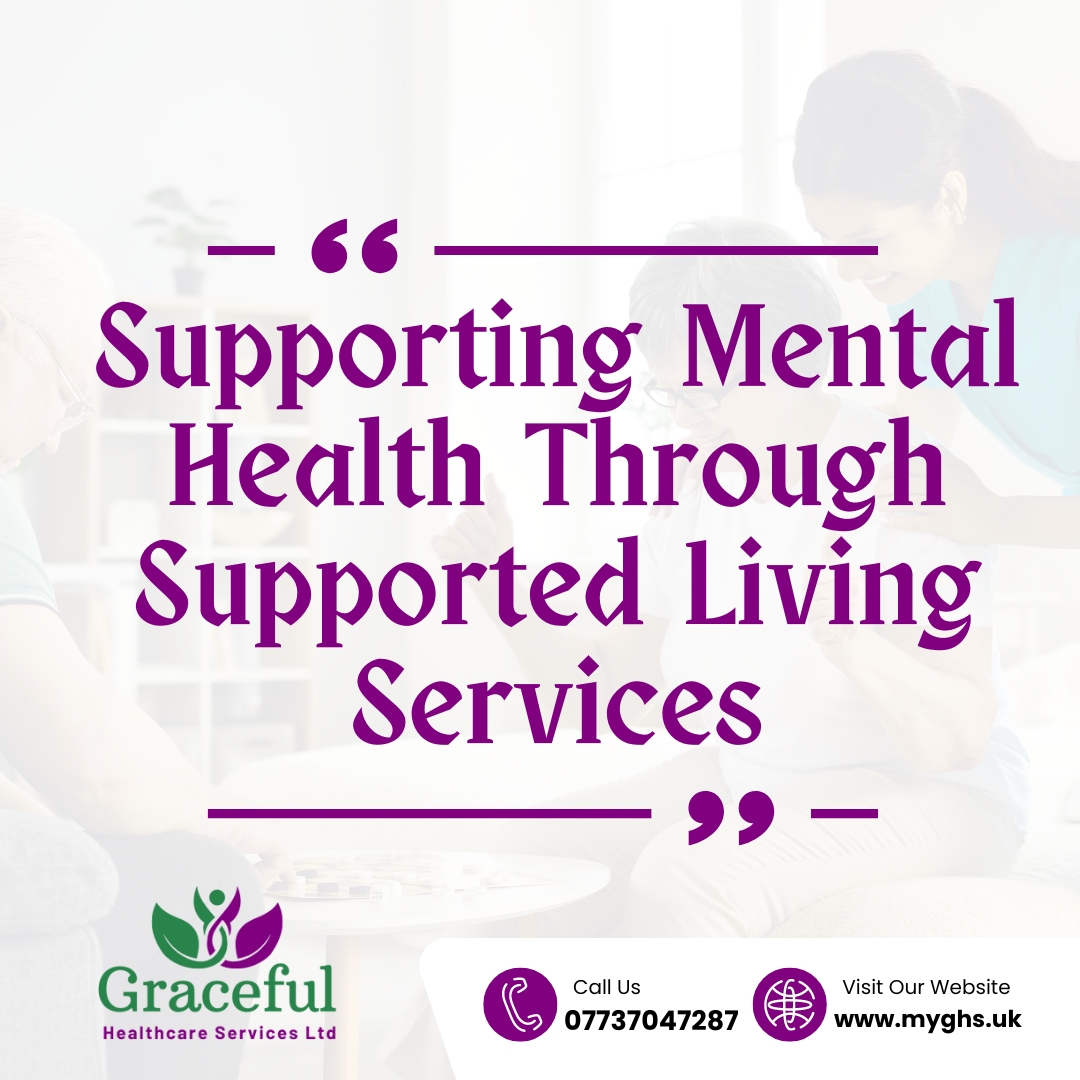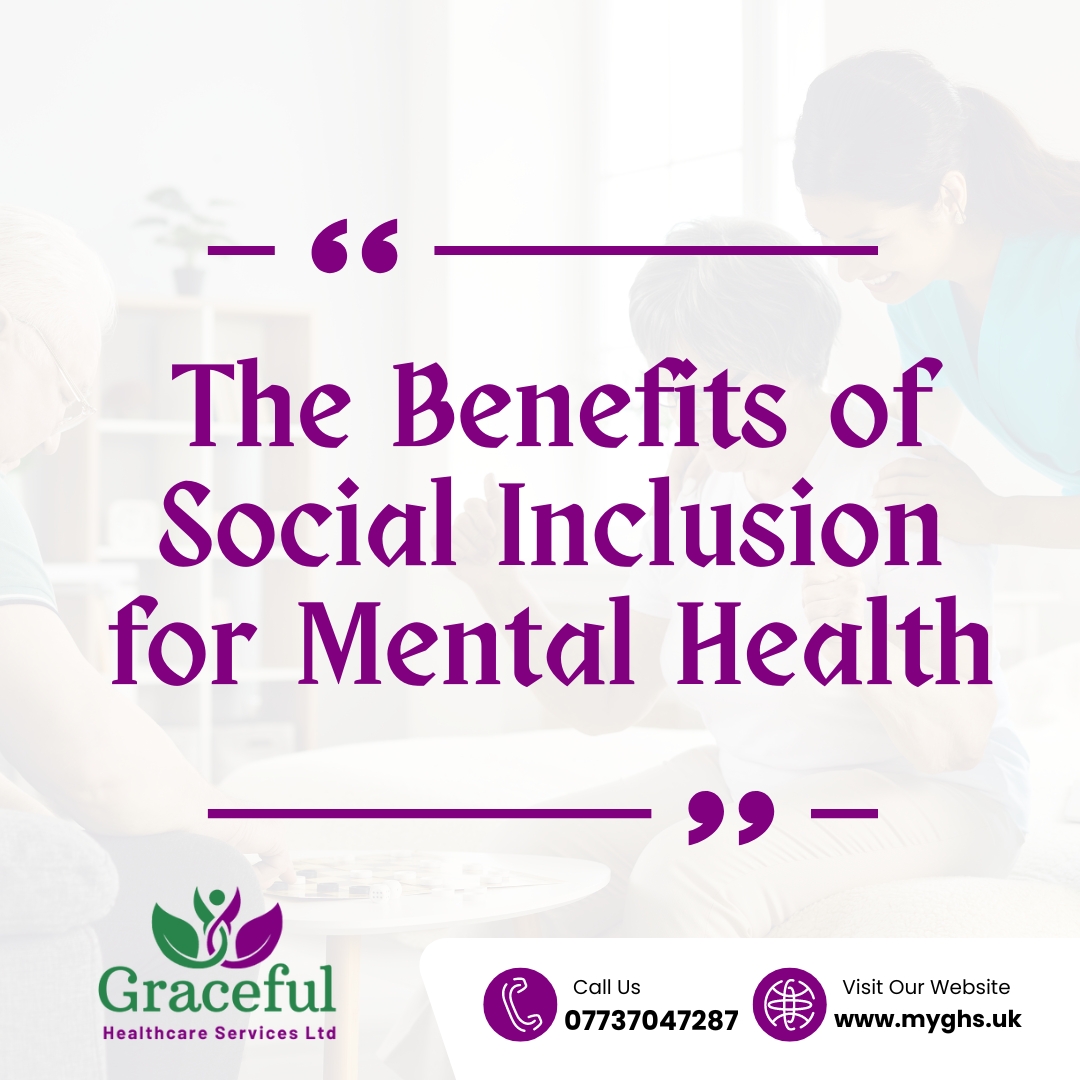
Transition Care: Ensuring a Smooth Move for Your Loved Ones
Table of Contents
- Understanding Transition Care
- The Importance of Transition Care Services
- Components of Effective Transition Care
- Personal Care Birmingham: A Key Aspect of Transition Care
- Elderly Transition Care: Special Considerations
- The Role of Technology in Transition Care
- Choosing the Right Transition Care Service
- Overcoming Challenges in Transition Care
- The Future of Transition Care
- Conclusion
As our loved ones age or face health challenges, the need for specialised care often arises. Transition care services play a crucial role in ensuring a seamless move from one care setting to another, whether it’s from hospital to home, or from independent living to a care facility. In Birmingham and beyond, these services are becoming increasingly important, offering personalised support during what can be a challenging time. This comprehensive guide explores the world of transition care, with a focus on personal care Birmingham and elderly transition care.
Understanding Transition Care
Transition care refers to the range of services designed to support individuals as they move between different care settings. This type of care is particularly important for:
- Elderly individuals leaving hospital
- People recovering from surgery or illness
- Those moving from independent living to assisted living
- Individuals transitioning to long-term care facilities
The primary goal of transition care is to ensure continuity of care, prevent unnecessary hospital readmissions, and support individuals in regaining or maintaining their independence.
The Importance of Transition Care Services
Effective transition care can have a significant impact on an individual’s health outcomes and quality of life. Some key benefits include:
- Reduced risk of hospital readmission
- Improved recovery and rehabilitation
- Enhanced independence and quality of life
- Decreased stress for individuals and their families
- Better coordination between healthcare providers
In Birmingham, Graceful Healthcare Services is at the forefront of providing comprehensive transition care services, ensuring that individuals receive the support they need during these crucial periods of change.
Components of Effective Transition Care
A well-designed transition care programme typically includes several key components:
- Comprehensive Assessment Before the transition, a thorough assessment is conducted to identify the individual’s needs, preferences, and potential challenges. This assessment forms the basis for a personalised care plan.
- Care Planning and Coordination A detailed care plan is developed, outlining the specific services and support needed during and after the transition. This plan is coordinated with all relevant healthcare providers to ensure continuity of care.
- Medication Management Proper medication management is crucial during transitions. This includes medication reconciliation, education on new prescriptions, and support with medication adherence.
- Home Modifications and Equipment For individuals transitioning to home care, necessary home modifications and equipment are arranged to ensure safety and comfort.
- Education and Training Both the individual and their family caregivers receive education and training on managing health conditions, recognising warning signs, and accessing support services.
- Follow-up Care Regular follow-up appointments and check-ins are scheduled to monitor progress and address any issues that arise post-transition.
- Emotional and Psychological Support Transitions can be emotionally challenging. Many transition care services, including those offered by Graceful Healthcare Services, provide counselling and emotional support to help individuals and families cope with the changes.
Personal Care Birmingham: A Key Aspect of Transition Care

Personal care is often a significant component of transition care, particularly for elderly individuals or those recovering from illness or surgery. In Birmingham, personal care services are tailored to meet the unique needs of each individual, providing support with:
- Bathing and personal hygiene
- Dressing and grooming
- Mobility assistance
- Continence care
- Meal preparation and feeding assistance
- Medication reminders
These personal care services are crucial in maintaining dignity, independence, and quality of life during transitions. Providers like Graceful Healthcare Services offer personalised care plans that adapt to changing needs throughout the transition process.
Elderly Transition Care: Special Considerations
Elderly individuals often require specialised transition care services due to complex health needs, cognitive challenges, or increased frailty. Elderly transition care in Birmingham focuses on:
- Fall Prevention Assessing and addressing fall risks in the new environment is crucial for elderly safety. This may involve home safety assessments, provision of mobility aids, and exercise programmes to improve balance and strength.
- Cognitive Support For elderly individuals with cognitive impairments, transition care includes strategies to maintain orientation, establish routines, and provide memory support.
- Nutritional Support Ensuring proper nutrition is vital during transitions. Services may include meal planning, preparation, and assistance with eating as needed.
- Social and Emotional Well-being Combating social isolation and maintaining emotional well-being is a key focus of elderly transition care. This may involve arranging social activities, facilitating connections with community services, and providing companionship.
- Family Caregiver Support Supporting and educating family caregivers is an essential aspect of elderly transition care. This includes training on care techniques, respite care services, and connecting families with support groups.
The Role of Technology in Transition Care

Innovative technologies are playing an increasingly important role in transition care services:
- Telehealth Monitoring Remote monitoring systems allow healthcare providers to track vital signs and symptoms, enabling early intervention when needed.
- Medication Management Apps Digital tools can help individuals and caregivers manage complex medication regimens, providing reminders and tracking adherence.
- Virtual Reality for Rehabilitation VR technology is being used to support physical and cognitive rehabilitation during the transition period.
- Smart Home Devices Voice-activated assistants and smart home technologies can enhance safety and independence for individuals transitioning to home care.
- Electronic Health Records Seamless sharing of health information between care providers ensures continuity of care during transitions.
Providers like Graceful Healthcare Services are increasingly incorporating these technologies into their transition care services, enhancing the quality and efficiency of care.
Choosing the Right Transition Care Service
Selecting the appropriate transition care service is crucial for ensuring a smooth and successful transition. Consider the following factors when making your choice:
- Range of Services Look for providers offering a comprehensive range of services that can meet all potential needs during the transition period.
- Personalisation Choose a service that offers personalised care plans tailored to individual needs and preferences.
- Staff Qualifications Ensure the care team is well-qualified, experienced, and trained in transition care techniques.
- Communication and Coordination Opt for providers that demonstrate excellent communication skills and the ability to coordinate effectively with other healthcare professionals.
- Flexibility Select a service that can adapt to changing needs and circumstances throughout the transition period.
- Technology Integration Consider providers that utilise innovative technologies to enhance care delivery and monitoring.
- Reputation and Reviews Research the provider’s reputation and read reviews from other service users to gauge the quality of care.
Graceful Healthcare Services in Birmingham is known for its comprehensive and personalised approach to transition care, making it a popular choice for many families in the area.
Overcoming Challenges in Transition Care
While transition care can greatly improve outcomes, it’s important to be aware of potential challenges:
- Complex Care Needs Individuals with multiple health conditions may require more intensive support and coordination during transitions.
- Emotional and Psychological Adjustment Moving between care settings can be emotionally challenging. Transition care services should address psychological well-being alongside physical care needs.
- Family Dynamics Family disagreements about care decisions can complicate transitions. Clear communication and mediation services may be necessary.
- Financial Considerations Understanding funding options and managing care costs can be challenging. Many transition care providers offer guidance on navigating these financial aspects.
- Cultural and Language Barriers Ensuring culturally appropriate care and overcoming language barriers is crucial for effective transition care.
- Continuity of Care Maintaining consistency in care across different settings and providers can be challenging but is essential for successful transitions.
Addressing these challenges requires a comprehensive, person-centred approach to transition care, something that providers like Graceful Healthcare Services prioritise in their service delivery.
The Future of Transition Care
As the population ages and healthcare continues to evolve, transition care services are likely to become even more important. Some trends shaping the future of transition care include:
- Increased Integration Greater integration between health and social care services will lead to more seamless transitions and continuity of care.
- Technology-Enabled Care Advanced technologies will play a larger role in monitoring, supporting, and enhancing transition care services.
- Person-Centred Approaches There will be an increased focus on personalised, holistic care plans that address all aspects of an individual’s well-being during transitions.
- Preventative Strategies Transition care will likely expand to include more preventative approaches, aiming to reduce the need for transitions in the first place.
- Community-Based Models There may be a shift towards more community-based transition care services, supporting individuals to remain in their homes and communities for longer.
- Specialised Training Healthcare professionals will receive more specialised training in transition care techniques and approaches.
Conclusion
Transition care plays a vital role in ensuring smooth moves between care settings, supporting individuals and their families during what can be challenging times. From personal care Birmingham to elderly transition care, these services offer personalised support that can significantly improve health outcomes and quality of life.
As we look to the future, transition care services will continue to evolve, incorporating new technologies and approaches to meet the changing needs of our ageing population. Whether you’re planning for yourself or a loved one, understanding the options available and choosing the right transition care service is crucial.
In Birmingham and beyond, providers like Graceful Healthcare Services are leading the way in delivering high-quality, person-centred transition care. By focusing on individual needs, incorporating innovative technologies, and providing comprehensive support, these services are helping to ensure that transitions between care settings are as smooth and successful as possible.
Remember, effective transition care is about more than just moving from one place to another – it’s about maintaining continuity of care, preserving dignity and independence, and supporting individuals to achieve the best possible quality of life. With the right support and services in place, transitions can be managed effectively, leading to better outcomes and peace of mind for individuals and their families.






Leave a Reply